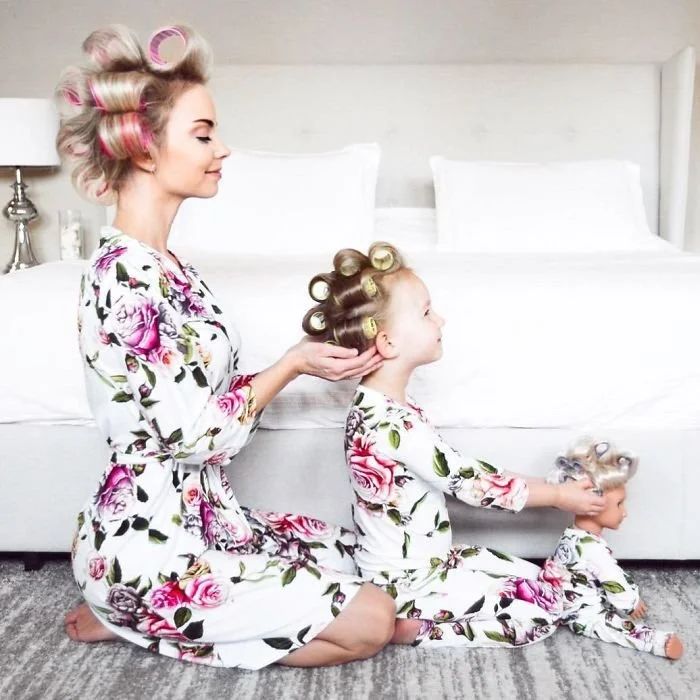Introducing the Balance of Self Care and the Care of Others
Here's a surprisingly accessible introductory tool for your child to see both himself or herself, and to see others.
There's a slight chance that you are one of the people on this planet today raised with the notion that being selfless is a noble and praise-worthy value. Therapists, physicians, and friends would be able to tell us the price we and our loved ones have paid over the years if we could not show up, at least equally, for ourselves. For many of us, our inner therapist is continuously urging us to do a better job finding a self-vs.-others balance that works for us.
Our bodies can sometimes be a guide, signaling to us that we're missing the mark. Sometimes, that tiny stomach pang signals that something doesn't feel right about an expectation someone has of us. And sometimes, it works to signal that we're being more selfish than feels comfortable to us.
Our children seem to have certain natural and learned tendencies in this area, perhaps partially influenced by birth order and temperament and perhaps by environmental factors. And to pave the way for our children to grow up to be both generous in spirit and vitally self-caring, I'd like to offer concrete actions we can take to promote this process.
Why is this so important?
One of our jobs is to ensure our children hold space in the hearts of those they encounter in their lives, and have the tools to be loving and lovable. This means that they need to hold awareness of, and respect for, people with whom they interact and have relationships. Ultimately the quality of their relationships will determine the quality of their lives to a great extent.
One of our other tasks is to help our children navigate their boundaries. That means that we can offer words of understanding and support, even during times they struggle to meet our needs as parents. It means modeling respect towards their needs - even the ones which we can not or do not wish to meet. It means clarifying to them that there are certain areas of their life over which they have control. It means honoring their boundaries in a way that models to them what we want them to expect from others. And what we want them to honor in others.
As with everything else, it's a balancing act. Here's one straightforward idea of how we can incorporate practicing sessions into everyday life:
Board Games
The classic situation where these tendencies can show up is during board games if anyone still engages in those, including that moment when you each choose the color or shape of your player. Of course, we tend to allow our kids to choose whichever one they like because we are genuinely indifferent. At the same time, we do want to gently instill an awareness of something that is an actual scientific fact: "The sun doesn't rise and set on your (fabulous) behind." I, too, have wants and consider and look out for myself.
In this case, it may merely involve me expressing my wishes, which may turn out to be negotiable.
So we can start by one day saying that we want to choose our player first. It doesn't mean that we have to choose their favorite, but we initiate the practice of taking turns with who chooses first before each game.
Eventually, we can move on to the conscious act of choosing the child's favorite and seeing the response. Maybe it makes all of you talk about it. You might decide to say that it's not very important to you so you don't want to make anyone sad right now because what matters to you more is that the game continues and we enjoy ourselves together. Maybe you'll add that you're so glad they spoke out. Perhaps you ask if they wouldn't mind just this once. Or maybe you show curiosity about what makes this playing piece special. You may end up discussing everyone's favorites. And there's the possibility of asking if they want you to tell them about something that's a favorite of yours.
There's no need for actual conflict. This process is simply a tool for your child to see both themselves and to see you. To see you show up for yourself and to simultaneously realize that there's a place for curiosity, negotiation, and consideration as well as for self-care. Done gently and in good spirits, this is a perfect tool for practicing self-care and respect for others. It will be valuable moving forward with friends. The game plan is to act as a friend-parent in preparation for a life that is hopefully full of fun and games.
